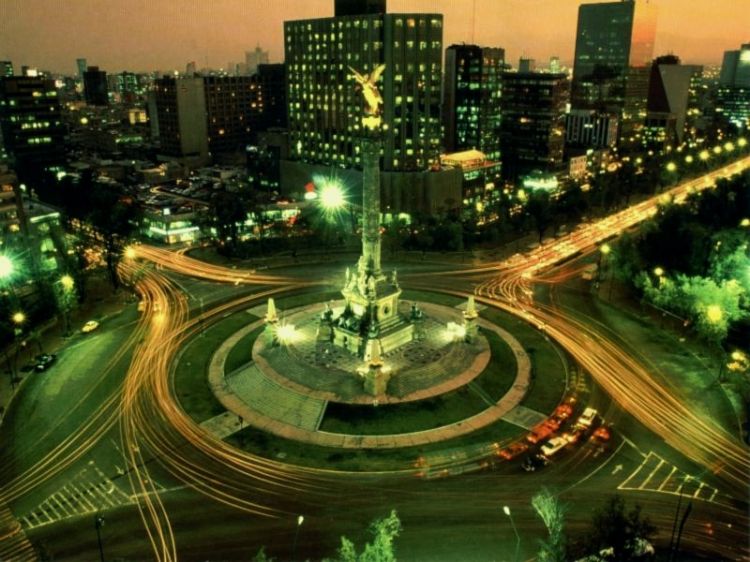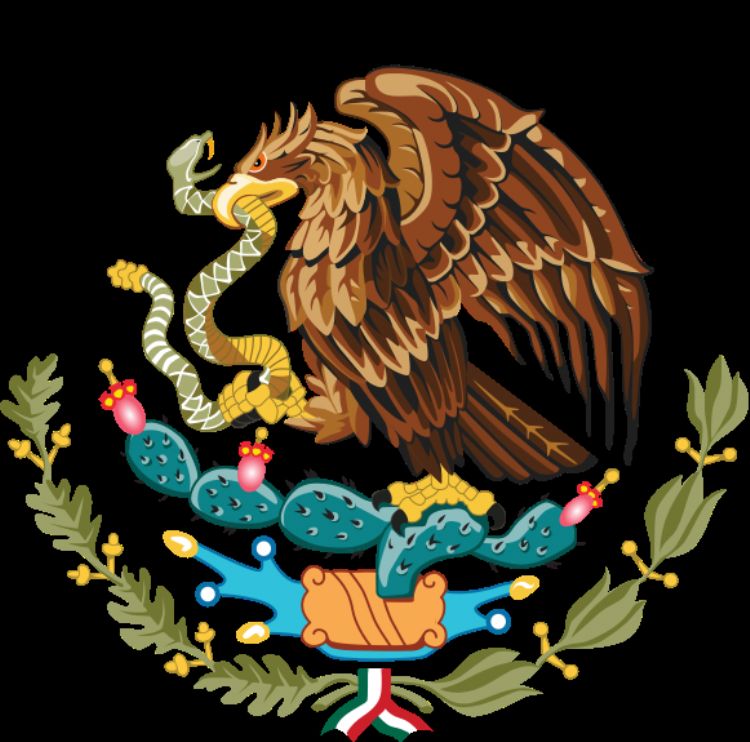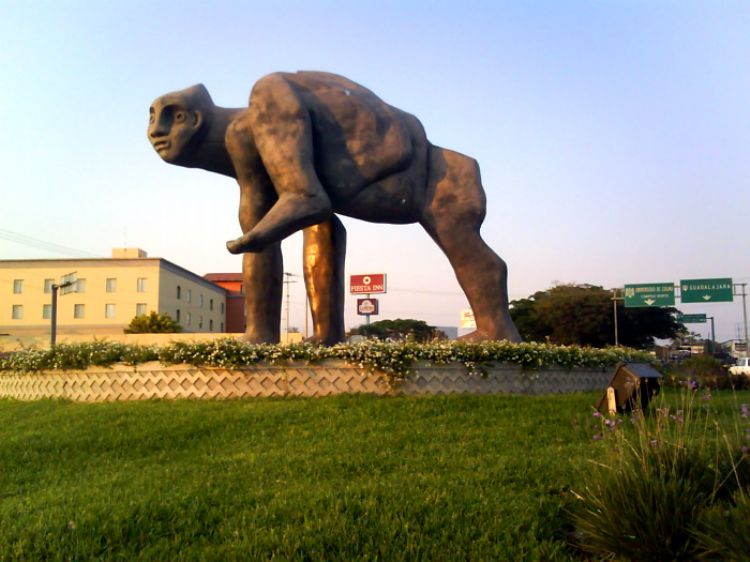
One of Mexicoâs fundamental problems is migratory flow....

The great civilization of the Maya in fact inherited the great accomplishments and breakthroughs of the Olmeca and the Zapoteca cultures. On the state of Chiapas, the Maya settled and founded great cities, legacy of a flowering society organized in hierarchical social classes that ruled independent cities within an Empire.
Upon the decline of this great civilization, whole cities were abandoned and the violent Chiapa natives took hold of the territory, subjugating rivaling pre-Spaniard groups like the Zoques, the Mames and the Tzeltales.
In the year 1521, the conquistadors that controlled the Villa del Espiritu Santo in Coatzacoalcos embarked on an expedition to conquer the Chiapas territories. The first attempt was a miserable failure because of the fierceness of the natives, which would finally succumb before a better organized army brought latter by Diego de Mazariegos, who founded the Villa Real de Chiapas, now called San Cristobal de las Casas, in honor of the city bishop, friar Bartolome de las Casas, who in 1945 settles in the villa to fight tirelessly on behalf of the natives rights.
The Dominic missionaries settled in the state in 1935 began building convents, founding villas and educating the native inhabitants. Abolition of slavery and servants without proper pay is declared in 1949 in the Chiapas territory.
The state takes no part in the war for Mexican independence, and its close distance to the neighbor nation of Guatemala somehow has contributed to its relative isolation from Mexican affairs. So much so, that the region of Soconusco was controlled by the government of the Central American nation until Mexican president Antonio Lopez ruled the definitive annexation of the region to Mexico in the year 1842. Even so, the rest of the state soon proclaimed to be independent of both Mexico and Guatemala, only to reverse their decision one year later through a referendum.
Despite the abolition of slavery and the struggle of the missions on behalf of the natives rights, members of the various ethnic groups were considered by the colonial society as second class citizens and were subject to constant abuse. This is why the Tzotziles, settled in San Cristobal de las Casas, produce a violent uprising in 1869 against such injustice and towards recovering their land, in a struggle called The War of the Castas.
San Cristobal was the state capital until governor Emilio Rabasa transfers the administrative duties to Tuxtla Gutierrez in 1892, which remains the capital to this day, even if the people of San Cristobal fought to reclaim the honor during the year 1911.
During the following decades, Chiapas continues its process towards modernization, an agrarian reform takes place, workers are organized in unions, the extraction of crude oil begins, and the Institute for the Arts and Sciences of Chiapas is created.
Nevertheless, social inequality that had always haunted this territory still remained and in 1994 the self proclaimed Zapatista National Army of Liberation emerges from the very depths of the Chiapas jungles and produces an uprising against the injustices over the native communities and towards recovering their autonomy.
This rebel group, a clandestine leftist organization prepared for years in military tactics and with the sole purpose of overthrowing neo-liberal president Carlos Salinas de Gortari , appeared in every major newspaper around the world. Human rights advocates and international observers tried to intervene in favor of the Zapatist cause, but the current Mexican government could not afford the national image and the outstanding economic performance of the country to be affected by a rebel group, in a moment when the nation was about to subscribe the NAFTA trade agreement with its northern neighbors of Canada and the United States.

One of Mexicoâs fundamental problems is migratory flow....

One of the most important painters of Mexican art during ...

There are several dates that are considered important in ...

Mexicoâs Independence is the result of diverse social c...

The financial magazines Forbes, Fortune, Expansion, and o...

The 1917 Constitution is the result of a long historical ...

The 2009 outbreak of Influenza A subtype H1N1 is a new ty...

José Luis Cuevas was born on February 26, 1934 in ...